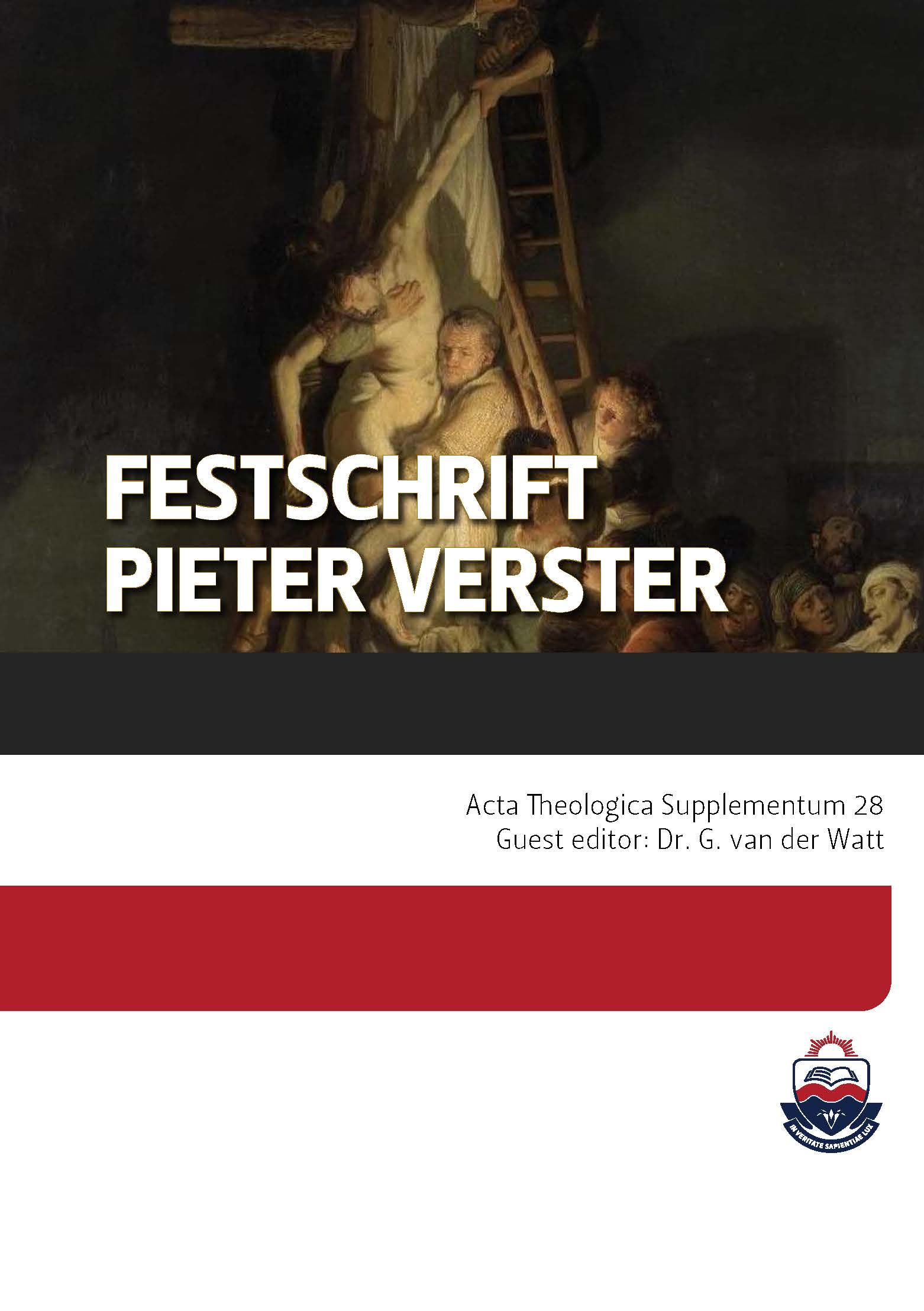DIE BETROKKENHEID VAN KERK EN STAAT BY DIE BEVESTIGING VAN HUWELIKE MET ’N PERSPEKTIEF OP DRIE GEREFORMEERDE KERKORDES
DOI:
https://doi.org/10.38140/at.v0i0.4051Keywords:
Marriages in Christ, Pastoral obligation, State and adulteryAbstract
There are two main reasons why the church, in general, became involved in the solemnising of marriages: the history of the church and, with it, especially the involvement of the Roman Catholic Church in the Middle Ages as the church of the Western World in this regard and theologically based principles. Following the history of the Reformed churches of The Netherlands and taking three church orders in the Dutch Reformed tradition into consideration, the Dutch Synod of Emden (1571) coined a lasting phrase on marriages. It proclaimed that the solemnising of marriages is partly the task of the church and partly that of the state. The church should be involved, because a marriage should be “in Christ” and according to the principles of the Bible. In His covenant of grace as a key element of being a church, God uses marriage and family as his points of departure to relate to people. As the institution of justice in society, the state should settle the legal aspects of marriage. On the latter, and if justice is needed in the case of a certain marriage, the state should have the final say.








